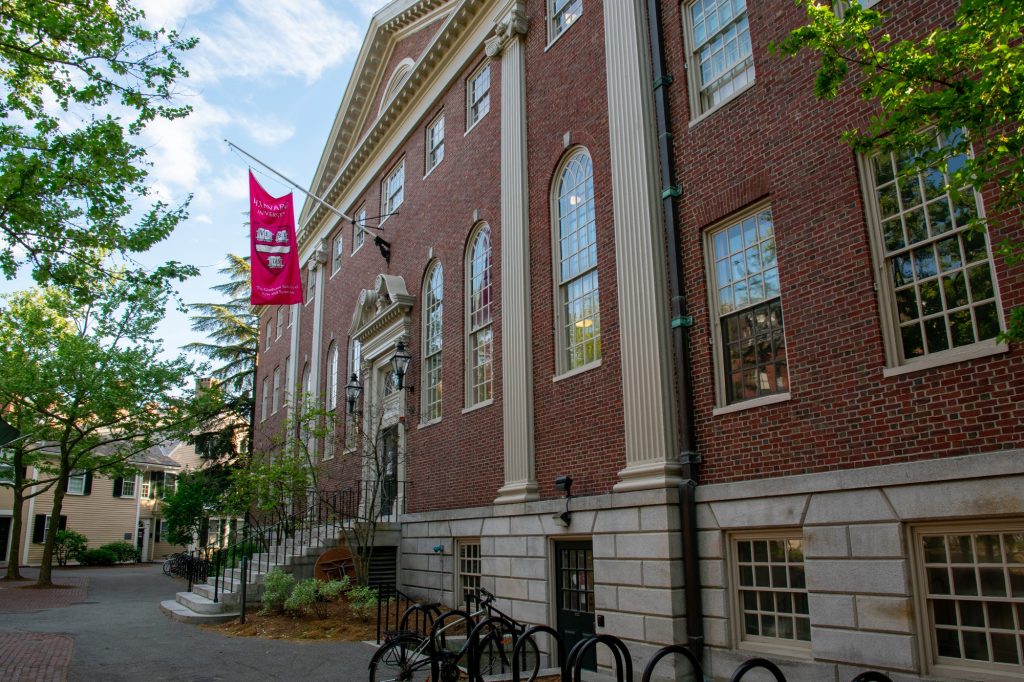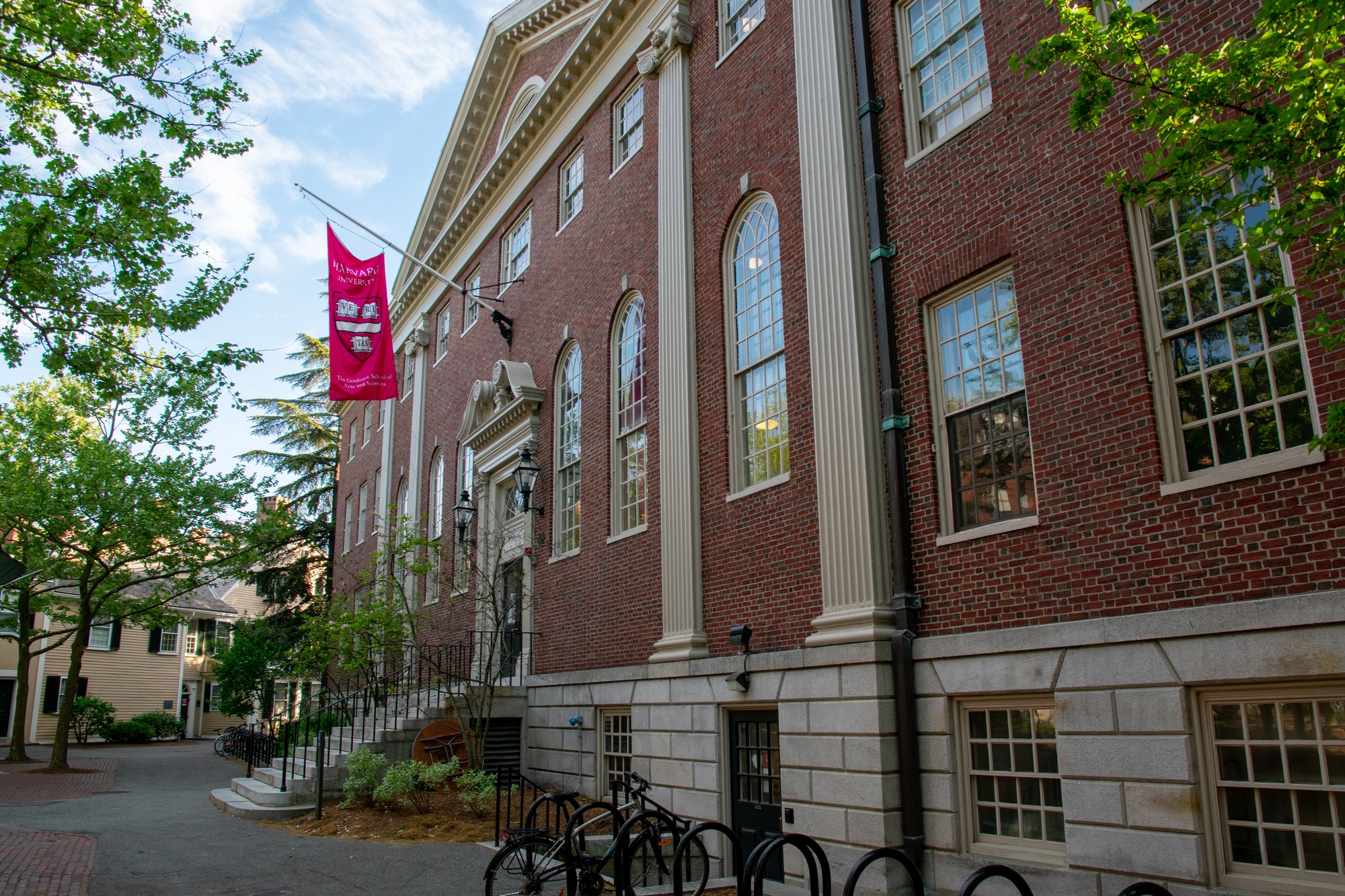
Boston University Suspends Admissions to Art History PhD Program

**Boston University Pauses Humanities and Social Sciences PhD Admissions Amid Financial Realignments**
Boston University (BU), one of the nation’s prominent research universities, has suspended admissions for a wide array of PhD programs in the Humanities and Social Sciences for the 2025–2026 academic year. This decision impacts prestigious tracks like Art History, English, Anthropology, Philosophy, Political Science, and others. The decision, which was not accompanied by a public announcement, came to light through updates on BU’s Graduate School of Arts and Sciences website and subsequent media reports, including coverage from *Inside Higher Ed*.
### **The Unexpected Halt and Scope of the Suspension**
The suspension includes 12 PhD programs within the College of Arts and Sciences (CAS), ranging from History of Art and Architecture to American and New England Studies. According to university officials, this move is part of a broader strategic reassessment to better align program sizes, funding commitments, and academic outcomes.
While BU has assured that this is a temporary halt, the news has raised concerns across academia. Such suspensions are uncommon among universities of BU’s caliber, sparking speculation about underlying financial and operational challenges.
### **Financial Factors Driving the Decision**
The timing of this suspension aligns closely with financial impacts from a newly ratified employment contract with the Boston University Graduate Workers Union (BUGWU). After a seven-month-long strike—the longest in BU’s history—the university approved a contract that secured significant benefits for graduate workers. Chief among these is a minimum annual stipend of $45,000 for doctoral candidates, an annual 3% raise, and extended healthcare coverage.
While hailed as a major victory for graduate students, the financial implications of these commitments seem to have added strain to the university’s budget. Emails reportedly exchanged between university administrators, referenced in *Inside Higher Ed*, allude to the difficulty in meeting these new funding requirements while maintaining current PhD programs and supporting existing cohorts.
### **A Broader Review of PhD Education at BU**
Colin Riley, BU’s spokesperson, contextualized the suspension as part of ongoing structural changes initiated by a 2022 task force on PhD education. According to Riley, the task force recommended measures to improve outcomes for doctoral students, including job placement rates and academic success.
The implementation of these recommendations began in Fall 2024, and reducing the size of entering doctoral cohorts is cited as a way to honor the university’s five-year funding commitments to currently enrolled students. Riley emphasized that BU is striving to maintain the quality and viability of its PhD programs while navigating financial and institutional constraints.
### **Implications for Humanities and Social Sciences**
This suspension highlights ongoing challenges faced by Humanities and Social Sciences disciplines within higher education. These areas of study, which often lack the same funding opportunities as STEM fields, have been under increasing scrutiny in recent years due to perceived declines in job prospects for graduates.
Critics worry that such suspensions may contribute to a wider devaluation of the Humanities and Social Sciences, reversing strides made toward gaining institutional support for these fields. Furthermore, prospective PhD students are left with fewer avenues to pursue their passions academically.
### **Community Reactions**
The decision has received mixed reactions from different stakeholders. Proponents of the BUGWU contract have celebrated the advancements made in graduate workers’ pay and benefits, arguing that adequate funding is critical for students to thrive academically. However, critics fear that the financial burden may disproportionately impact academic departments that already face resource constraints.
Union officials have not yet issued a statement commenting directly on the suspension. Still, the situation raises a complex question about how institutions of higher education can balance supporting graduate workers’ rights while maintaining robust academic offerings.
### **The National Context**
BU’s suspension reflects larger trends in higher education, where Humanities and Social Sciences programs are grappling with declining enrollments and funding challenges. Universities across the United States are increasingly being forced to prioritize programs based on external factors, including labor market outcomes and financial sustainability.
Graduate worker unions have also been burgeoning across the country in recent years, advocating for better salaries and improved working conditions. However, as seen in BU’s case, such gains often come with unintended consequences, potentially forcing institutions to reevaluate resource allocation.
### **What’s Next for BU?**
Despite the temporary nature of the suspension, BU’s actions indicate it is entering a critical period of transition. By reducing doctoral cohort sizes and pausing admissions, the university aims to recalibrate its commitments to better serve its current students. However, whether this approach will prove sustainable—or if it could weaken the university’s reputation as a leader in the Humanities and Social Sciences—is yet to be seen.
For prospective doctoral candidates, the suspension invites difficult decisions. As prominent programs like BU temporarily shutter their doors, the competition for positions at other universities may increase, further underscoring disparities in access to advanced academic opportunities.
Going forward, it will be imperative for both BU and other institutions to find a